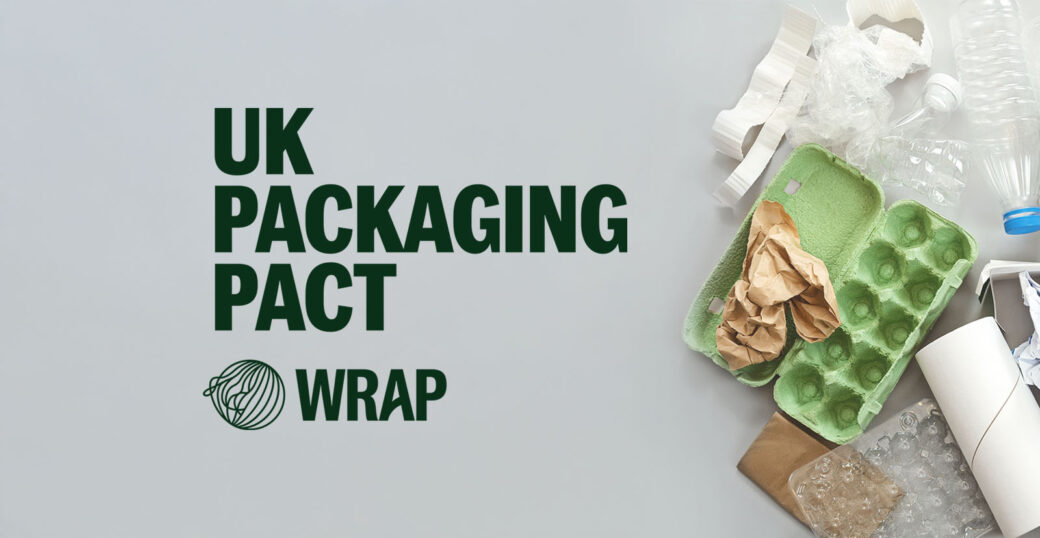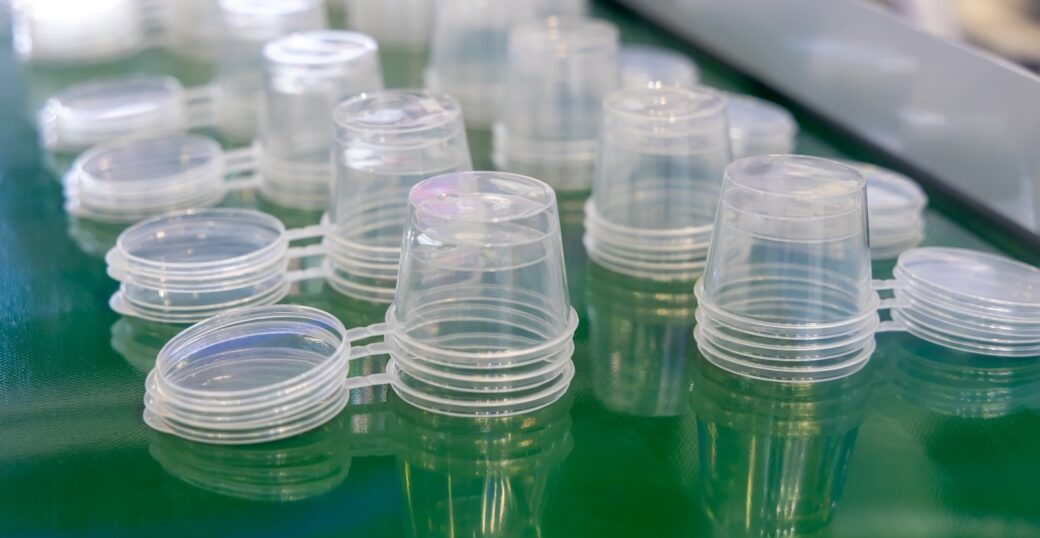A group of trade associations, charities and campaign organisations have signed an open letterto the Environment Secretary to implement a total ban on oxo-degradable plastics.
Some countries have already implemented total bans on the use of these materials following a report released by The European Commission. There is a clear distinction between bioplastics and oxo-degradable plastics made in the report which has previously led to “damage to the reputation and understanding of truly biodegradable plastics”, according to European Bioplastics.
The key difference made is that oxo-degradable plastics break down into small fragments and do not biodegrade. This has the potential to cause damage to the environment and negatively impact recycling and compost if put into these streams.
The signatories of the open letter include the Environmental Services Association (ESA) and Recoup. Together, they call on Environment Secretary, George Eustice, to ban the use, sale and distribution of oxo-degradable plastics in the UK. The letter states that oxo-degradables do not solve the problem of plastic pollution but worsen it by accelerating the conversion of macroplastics to microplastics.
Symphony Environmental Technologies chief executive, Michael Laurier, has rebutted the call for the government to ban oxo-degradable plastics. Writing in response to the open letter, Mr Laurier stated, “The UK should ban the use of ordinary plastic for everyday plastic products, and legislate to upgrade ordinary plastic with oxo-bio technology, thereby retaining the benefits of plastic in terms of hygiene but minimising the environmental damage caused when ordinary plastics escape into the open environment.”
The UK government has committed to ongoing research into the use of compostable and bioplastics as part of the Clean Growth Strategy, previously investing £60 million to The Department for Business, Energy and Industrial Strategy (BEIS).
Jimmy Dorrell, Head of Sustainability at Clarity Environmental, said
“There is much evidence of the dangers of microplastics, especially to ocean life. Making existing platics oxo-degradable contributes to the problem rather than solving it. Ongoing research and investment into alternative materials is vital, whilst also pushing the waste hierarchy. This means reducing and reusing materials to decrease the amount becoming problematic waste or impacting our environment.
“Oxo-degradable and biodegradable plastics are also likely to be included in the plastic packaging tax. Due to come into effect in April 2022, this will result in a £200 per tonne tax on plastic packaging that does not contain 30% recycled material. It is therefore imperative for any business that uses these materials in their packaging to take immediate action to review the implications of the tax and the steps they can take to mitigate it.”
Beyond Compliance
We are able to provide our packaging compliance members with guidance around the packaging they use, including the carbon impact of packaging materials, ensuring they are able to make the most informed decision when looking at environmental considerations of materials. If you would like to discuss packaging, packaging compliance and how to future-proof your business for environmental legislation changes get in contact with our team.



